What Causes Floods in Texas?
4 minute readFlooding in Texas is driven by heavy rain, hurricanes, rivers, and rapid urban growth, making it one of the most flood-prone states in the nation.
Home > BKV Energy Blog > All Posts > Hurricane Safety & Preparedness Guide
Learn how to keep your home and family safe before, during, and after a hurricane
6 minute read • Last update July 2025
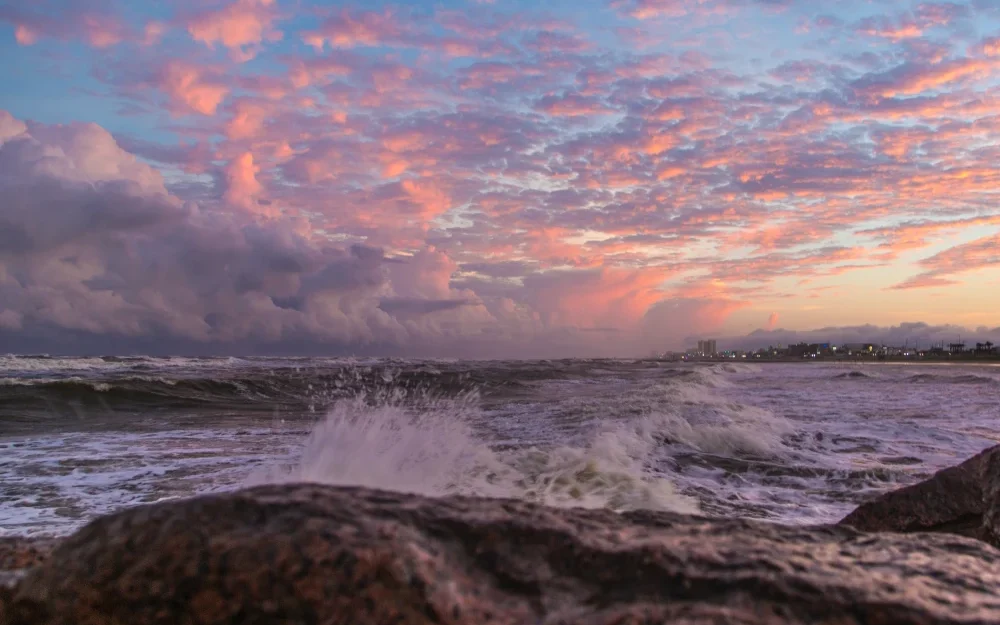
Hurricane season is here, and, as the Gulf Coast beckons high winds, it’s essential for every Texan to be prepared. From the bustling streets of Houston to the serene coastlines of Corpus Christi, there are many factors to consider when it comes to staying safe during a hurricane.
In this comprehensive guide, we’ll share crucial hurricane safety tips, discussing everything from understanding hurricane alerts to protecting yourself financially. Let’s dive in and help you weather the storm!
As a hurricane forms and approaches, it’s crucial to have the right measures in place to reduce harm and stay safe. In order to be ready, you must secure your house, collect emergency supplies such as food and water, strategize evacuation routes, as well as protect important papers. It’s essential that these steps are taken so families can safeguard their homes and properties against hurricanes.
Here we will review the critical components of hurricane preparation for protecting yourself and all those who matter most!
If the local authorities suggest or order an evacuation during a hurricane, plan your escape route and identify shelter locations for you and your family. Make sure everyone knows the procedure by creating an effective communication strategy with predetermined meeting points. Get familiarized with any designated storm shelters that are close to you, Planning beforehand can help reduce hassle in case there is a change in its path direction suddenly.
In the midst of a hurricane, a well-stocked emergency kit can make all the difference. It’s not just about having supplies, but ensuring you have the right ones to meet your needs during the storm. Here’s a quick checklist for your kit:
Nonperishable food: Think canned goods and energy bars.
Water: Stock up on several bottles, especially if regular supplies get disrupted.
Flashlights and batteries: Always have spares on hand.
Battery-operated radio: Stay updated on the storm’s progress and any emergency announcements.
Important documents: Keep birth certificates, IDs, and other essential papers safe and accessible.
Clothing: Pack an extra set, especially if you might get wet.
Sturdy shoes: Essential for navigating through or after the storm.
Medications and special needs items: Think daily meds or specific dietary needs.
Pet supplies: Don’t forget about your furry friends!
First Aid Kit: Stocked with bandages, antiseptics, pain relievers, and other essential items.
Regularly check the expiration dates on perishable items and replace as needed. Being proactive and prepared not only ensures safety but also provides peace of mind during the challenging times of a hurricane.
When preparing for a hurricane, it is necessary to safeguard your home from the high winds, heavy rainfall, and a storm surge.
Prepare for wind with the following steps:
Prepare for storm surges and flooding with the following steps:
It’s essential to keep important documents and valuable items safe from flood waters, such as birth certificates, passports, insurance policies, jewelry, electronics or family heirlooms. Put them in a waterproof box or container securely stored away so it doesn’t get destroyed by the hurricane.
In a hurricane, your electronic devices are essential for getting important updates and being in contact with emergency services. Make sure you have enough battery on all phones, laptops, or other communication gadgets so they can be used when necessary.
Investing in additional charging solutions like power banks will ensure these items stay powered during any electrical cuts offs, providing safety throughout the event! Stay connected while staying safe at the same time!
During a hurricane, it is necessary to take precautions in order to keep yourself and your family safe. Let’s explore the different ways that you can stay secure.
When it comes to safety during a hurricane or tropical storm, it’s important to know how to shelter in place. It’s best to find a small interior room without windows on the lowest level of your residence – such as in the bathroom or closet. This will provide protection from any potential debris. Disconnect all appliances before sheltering if possible.
If local authorities order an evacuation, leave the area immediately. Safely follow planned evacuation routes. Remember to bring your emergency kit and supplies.
In the event of a hurricane, local officials may tell you to leave your home and seek refuge in a designated storm shelter. Be aware of where these locations are near your area. They can be found at government buildings, schools, universities, community centers and Red Cross sites. When going there remember to take along crucial items like food, water bottle, medications as well as any important documents/files.
It’s essential to observe electrical safety measures when dealing with a hurricane. Report any downed power lines to your local utility company and refrain from touching or moving them in any way. If you’re running generators for electricity needs, make sure they are in well-ventilated areas to prevent carbon monoxide poisoning.

First, never return home unless local authorities have given the go-ahead. Once the storm has passed, the recovery and cleanup phase begins. It’s essential to approach affected areas with caution, as hazards like fallen power lines, unstable structures, and floodwaters can linger. Prioritize checking on the well-being of neighbors, especially the elderly or those with special needs.
Document any property damage with photos for insurance claims and consider seeking assistance from local agencies or community groups. As communities come together in the aftermath, collective efforts can expedite the healing and rebuilding process, ensuring a smoother transition back to daily life.
In the aftermath of the storm, it is important to assess any damage done to your home and possessions. Gather evidence such as photographs or videos detailing destruction. Create a list itemizing what was damaged or destroyed. This will be incredibly helpful in making an insurance claim.
Get in touch with your insurance company as soon as possible so that they can begin processing claims quickly. Rapid action could decrease financial losses significantly.
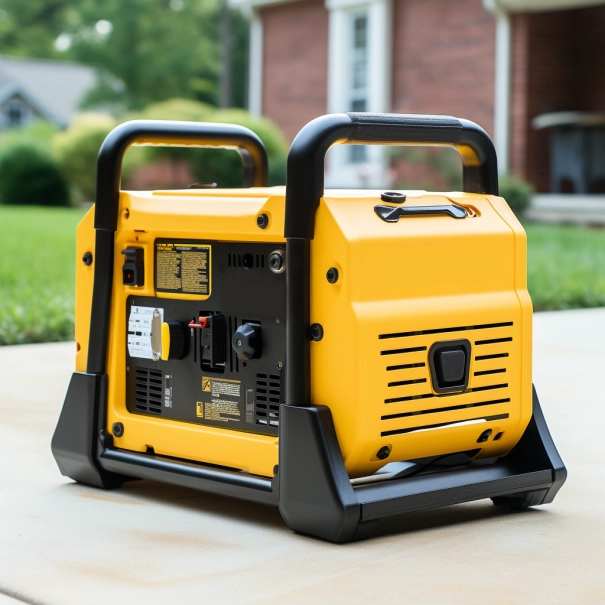
In the aftermath of hurricanes, power outages are not uncommon. If you are using a generator to supplement power outage, avoid carbon monoxide poisoning by making sure it is placed in an open-air space far from windows and doors for proper ventilation. Never run these machines inside homes or apartments. By adhering to such measures during recovery periods following a hurricane event, you can safeguard yourself and your family against risks related to carbon monoxide exposure.
If you have evacuated, once local authorities have indicated it is safe to return, open the windows and doors of your home for proper ventilation. Dispose of any food that may not be good anymore but only use bottled water until tap water has been verified as clean again. As you start working on drying out your house while cleaning up debris after a hurricane, know that rebuilding can sometimes take time.
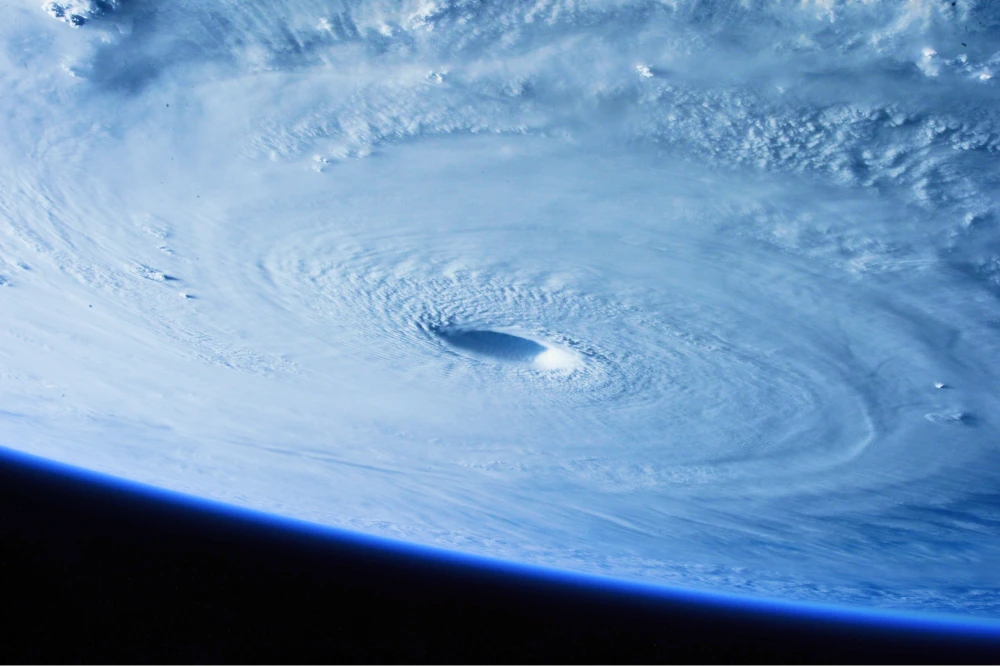
It’s quite simple to stay updated about incoming hurricanes or tropical storms. The National Weather Service, local media outlets, and emergency management officials’ social accounts can keep us connected for updates on storms. Keeping up-to-date on storm paths, timelines, and hurricane categories will help you make decisions that will safeguard your safety during any type of storm system.
You can rely on the following sources to receive the latest updates on hurricane or tropical storm watch and warning alerts:
Local officials and authorities play a key role in providing aid during a hurricane. Broadcasting on emergency radio, aiding evacuation planning, offering recovery services and advising the public on how to be ready for hurricanes are some of their responsibilities. Heeding their instructions is an important factor in ensuring your safety as well as that of those around you. If local authority members instruct you to evacuate from any mandated areas then immediate action must be taken.
Graham Lumley, Digital Marketing Manager at BKV Energy, leads digital and traditional marketing strategies, focusing on educating Texans about the state's deregulated energy market. With over 8 years of marketing experience, he creates content to help consumers understand and save on their energy bills, bringing a fresh and dynamic approach to the industry.
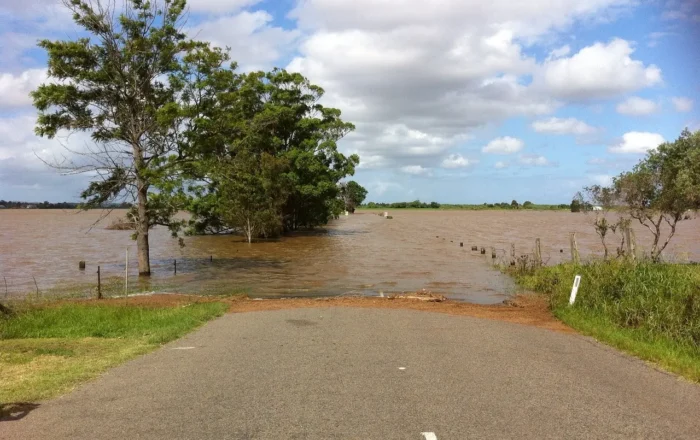
Flooding in Texas is driven by heavy rain, hurricanes, rivers, and rapid urban growth, making it one of the most flood-prone states in the nation.
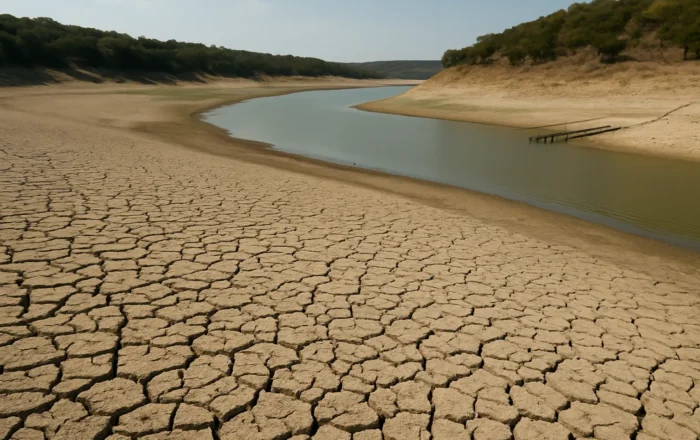
Texas has faced decades of drought cycles, but is the state still in a drought today?
Get $50 off your electric bill!
Use code BKVEJOINUS50
Enter your zip code to shop BKV Energy's affordable, fixed-rate Texas electricity plans. Use the promo code for $50 off your electric bill.